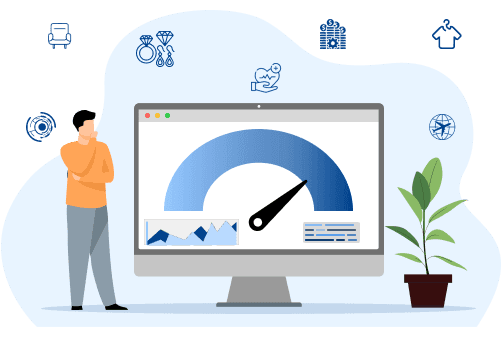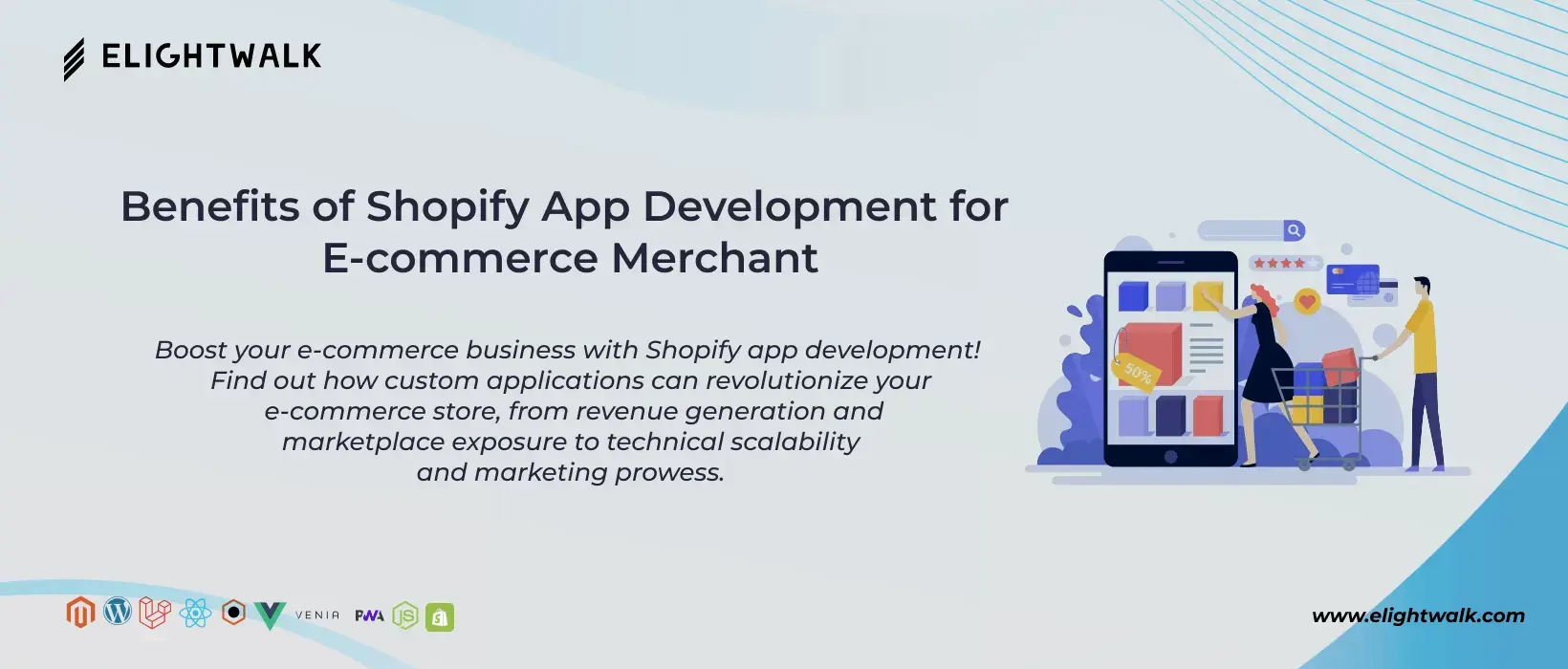Yes, if you are starting a business and want to create a flexible and low-cost application with Shopify, do not worry. Shopify app development takes proper care of marketing factors with technology.
User Engagement:
Shopify apps can be built to introduce new and exciting features to the e-commerce platform. These features can include interactive product catalogues, personalized recommendations, social media integration, and playful elements. By improving the overall functionality and interactivity of the online store, apps contribute to a more engaging user experience. So, engaged users are more likely to spend time on the website, look around for products, and make purchases. This increased engagement fosters a positive relationship between the brand and the customer, improving brand loyalty.
Apps can take advantage of user data to provide personalized experiences. For example, they can recommend services based on previous orders or browsing history, send customized notifications, and offer tailored promotions. Personalization enhances the relevance of the content presented to users, making their shopping experience more enjoyable and increasing the likelihood of conversion.
SEO Optimization:
Shopify apps can be specifically designed to optimize the store for search engines. These apps may offer keyword optimization, meta tag customization, clean URLs, and sitemap generation features. By addressing critical SEO elements, apps contribute to improved search engine rankings. High visibility in search engine results pages can attract organic traffic to the e-commerce site, increasing brand exposure and potential customer acquisition.
As a part of SEO optimization, apps can also focus on mobile responsiveness. Given the prevalence of mobile commerce, ensuring that the Shopify store is optimized for mobile devices is crucial. Mobile-friendly features can positively impact search rankings, as search engines often prioritize mobile-friendly websites.
3 Types of Data Analytics:
1. Insights and Analytics: Shopify apps are crucial in gathering and analyzing valuable data related to user behaviour, preferences, and purchasing patterns. This data is instrumental in making strategic marketing decisions. For instance, merchants can use analytics to identify popular products, understand customer demographics, and assess the effectiveness of marketing campaigns. By gaining insights into customer behaviour, businesses can improve their marketing strategies to better align with customer preferences, improving the overall effectiveness of their campaigns.
2. Customer Segmentation: Apps can assist in segmenting customers based on their behaviour and preferences. This segmentation allows for targeted marketing efforts, enabling merchants to send personalized promotions and communications to specific customer groups. Targeted marketing is more effective in capturing the attention of relevant audiences and driving conversions.
3. Performance Tracking: Shopify apps provide tools for tracking the performance of marketing campaigns in real-time. Merchants can monitor key metrics such as conversion, click-through, and revenue generated. This real-time tracking allows for quick adjustments to marketing strategies, ensuring merchants can adapt to changing market conditions and optimize their campaigns for better results.



